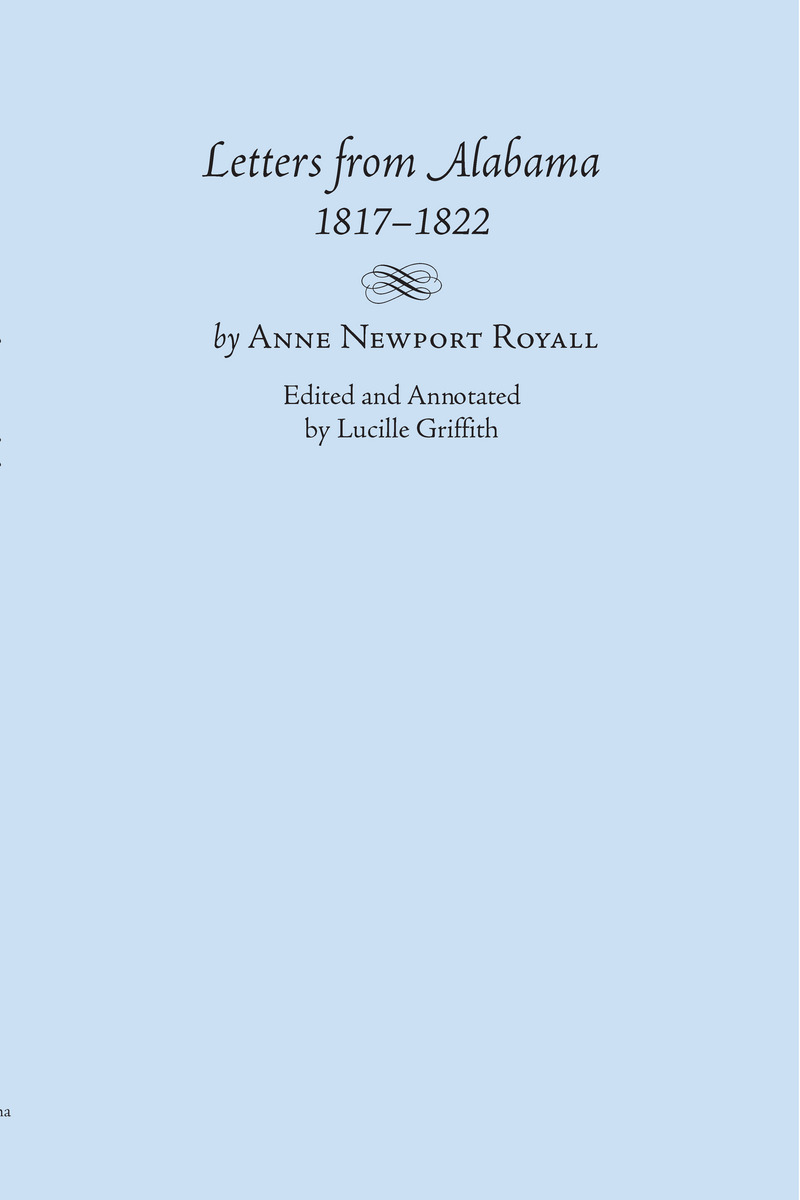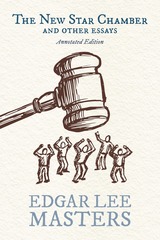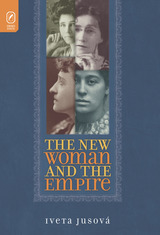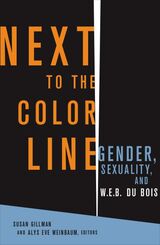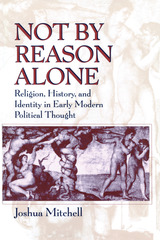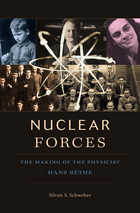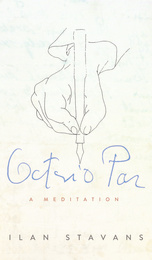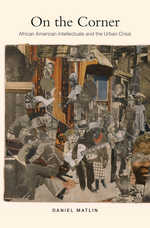Letters from Alabama, 1817–1822
University of Alabama Press, 1969
Paper: 978-0-8173-5034-5
See other books on: Alabama | Griffith, Lucille | History | Letters
See other titles from University of Alabama Press
Paper: 978-0-8173-5034-5
ABOUT THIS BOOK | AUTHOR BIOGRAPHY | REVIEWS
ABOUT THIS BOOK
Letters of an outspoken “first” woman journalist in Alabama
Anne Royall was a prominent woman journalist for more than a quarter of a century before her death in 1854, publishing some ten books of travel accounts, one novel, and two successive weekly newspapers in Washington, and sponsoring causes, often unpopular, in the manner of latter-day "muckrakers." She was a well-known habitue of the halls of Congress, looking for news and subscribers, sniffing out irregularities in governmental departments, and pressing claims for a pension which she believed should have been hers from her Revolutionary War husband. For those who helped her she had high, often inordinate, praise; for those who refused her or crossed her path she was a "holy terror," lashing out against them often in intemperate language. Through the columns of her paper she debated such public issues as the Bank, antiMasonry, Nullification, and the franking privilege; she was forever attacking what she considered a very diabolical plot to unite church and state. There was never a doubt where she stood on any of the issues on which she spoke out; she was no compromiser or "fence-straddler." She has the distinction of being the only woman in our national history who was tried (and convicted) for being a "common scold." She was, in short, an aggressive, intolerant, outspoken, suspicious, meddlesome, nonconforming but patriotic, and fascinating woman.
Anne Royall, we might say, began her journalistic career in Alabama. Although the letters were not published until 1830, some four years after Sketches of History, Life and Manners in the United States, they were her :first literary effort. Ostensibly written to a young lawyer friend “Matt” in Virginia, the letters are dated from November 28, 1817 to June 8, 1822.. The letters include, in addition to personal matters and comments on the inconveniences of travel, a considerable amount of description of the country through which she traveled and discussions -often lengthy-of religion, literature, education, social injustices, crops, and important personages she met in her travels. While she is often outspoken, her comments in these letters are more temperate than those in her later works.
Anne Royall was a prominent woman journalist for more than a quarter of a century before her death in 1854, publishing some ten books of travel accounts, one novel, and two successive weekly newspapers in Washington, and sponsoring causes, often unpopular, in the manner of latter-day "muckrakers." She was a well-known habitue of the halls of Congress, looking for news and subscribers, sniffing out irregularities in governmental departments, and pressing claims for a pension which she believed should have been hers from her Revolutionary War husband. For those who helped her she had high, often inordinate, praise; for those who refused her or crossed her path she was a "holy terror," lashing out against them often in intemperate language. Through the columns of her paper she debated such public issues as the Bank, antiMasonry, Nullification, and the franking privilege; she was forever attacking what she considered a very diabolical plot to unite church and state. There was never a doubt where she stood on any of the issues on which she spoke out; she was no compromiser or "fence-straddler." She has the distinction of being the only woman in our national history who was tried (and convicted) for being a "common scold." She was, in short, an aggressive, intolerant, outspoken, suspicious, meddlesome, nonconforming but patriotic, and fascinating woman.
Anne Royall, we might say, began her journalistic career in Alabama. Although the letters were not published until 1830, some four years after Sketches of History, Life and Manners in the United States, they were her :first literary effort. Ostensibly written to a young lawyer friend “Matt” in Virginia, the letters are dated from November 28, 1817 to June 8, 1822.. The letters include, in addition to personal matters and comments on the inconveniences of travel, a considerable amount of description of the country through which she traveled and discussions -often lengthy-of religion, literature, education, social injustices, crops, and important personages she met in her travels. While she is often outspoken, her comments in these letters are more temperate than those in her later works.
See other books on: Alabama | Griffith, Lucille | History | Letters
See other titles from University of Alabama Press
